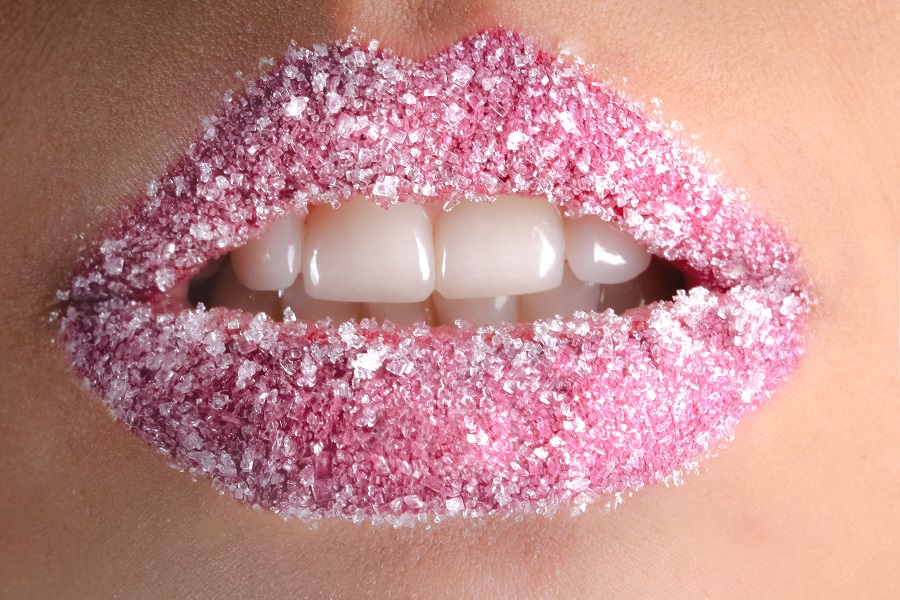Our teeth are designed for chewing, grinding, and biting hard foods. They are not designed to handle foods like candy or soda. As a result, eating these items can cause your teeth to hurt.
Are Sugary Foods Bad For Teeth?
Many foods contain sugar, which is bad news for teeth. When bacteria interact with sugars, acids are released that can damage tooth enamel. Over time, chips in the enamel can lead to sensitive teeth and tooth decay. While avoiding sugary foods should be a goal for everyone, it is especially important for diabetic patients and anyone with a dry mouth.
Eating these foods too often also puts patients at a greater risk of developing cavities. To help prevent this, rinse your mouth out thoroughly with water after you eat sweet food to wash away lingering remnants. You can also brush your teeth after eating sweets to remove debris from your teeth. A mouthwash with fluoride can also help strengthen teeth and prevent damage.
It’s also best to avoid eating sweet foods before bed. Receding gums make teeth more susceptible to decay because food particles can more easily get caught under the gum line and cause irritation or infection. If you must snack at night, choose something healthy like cheese or nuts instead of candy or cookies.
What is tooth decay?
Tooth decay is a progressive disease that weakens your teeth and destroys enamel. It can affect both children and adults but is most common in young kids between the ages of two and six. It’s very common for children and teens to get cavities, but there are a few things you can do to prevent them. First, make sure that you brush your teeth twice a day and floss every day. Using a fluoride rinse can also help keep tooth enamel strong and healthy. You should also avoid eating too many sweets altogether, especially sticky ones like candy or gummy bears. These tend to stick to teeth for long periods of time, giving bacteria extra time to cause damage and infection. When your child does eat sugary foods, encourage them to drink a glass of water or brush their teeth afterward. This helps wash away food and sugars from their mouth. Cavities that don’t receive treatment can lead to pain, tooth loss, and long-term problems with eating and speaking. It’s important to have regular checkups so your dentist can spot and treat any early signs of tooth decay. Once a tooth has become infected, it’s much harder to save the tooth with restorative treatments, like a filling or crown. Your doctor will be able to treat your cavity with a filling to help prevent further damage to your tooth.
More Blog Posts
Save time by completing your new patient forms and sending them to us online or bring them with you to your first visit.
- MON - THU8:00 am - 5:00 pm
- FRI - SUNClosed








